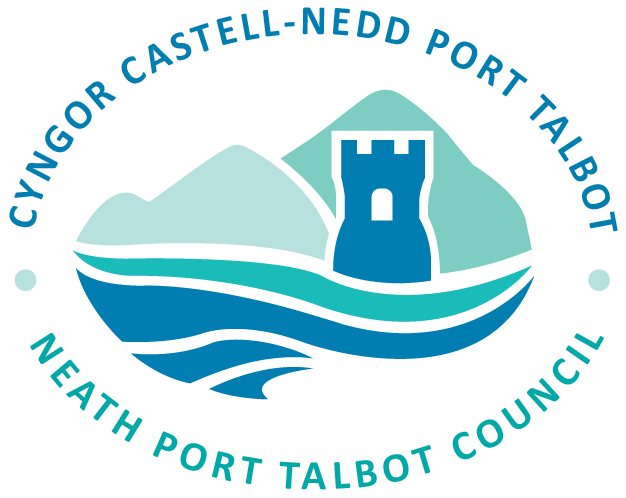Article
Councillors asked to approve a budget protecting vital services in challenging financial times
This article is more than 9 months old
26 February 2024
Despite unprecedented pressure on budgets and soaring demand for services, Neath Port Talbot Council hopes to deliver a 2024/25 budget without the significant jobs and service cuts being seen in many other parts of Wales.
The council faces significant financial challenges with new cost pressures of approximately £30 million while receiving only £8.6 million additional from the Welsh Government. The scale of the budget gap the council is seeing year on year is not sustainable and this means the council is again faced with a substantial budget gap this year.
The council’s overarching aim in this year’s budget setting process has been to protect vital services and to limit the impact on Council Tax levels.
Therefore, the overall Council Tax increase for 2024/25 is recommended to be 7.9% - that’s an average increase of £2.25 per week, made up as follows:
- Annual payment to Mid & West Wales Fire and Rescue Service 1.24%
- Subsidy to Celtic Leisure to run indoor leisure services 2.00%
- Contribution to the cost of running council services 4.66%
Council Tax contributes around a quarter of the council’s overall budget with the remaining amount coming from the Welsh Government.
The council has worked hard to identify £8.8 million in savings and income generation proposals. The views of more than 2,500 people were considered in relation to the budget setting process, from talking to people about what matters to them through the council’s Let’s Keep Talking engagement campaign and again from people who responded to the public consultation in the run up to setting the final budget.
The council has listened closely to people’s views and, while the council can’t afford to do everything, several amendments to the budget proposals have been made.
For instance, the possible ending of licence agreements and public access rights on the lower sections of the Neath Canal will not now progress and proposals to save money by dimming and switching off public street lighting between 1am and 5am in appropriate areas will now focus primarily on dimming as switching off was not popular.
Another proposal involving recovery of costs from schools for certain council services will now be amended to reduce the financial impact on schools as much as possible.
However, there was broad agreement that specific reserves should be used to invest in social services and housing. The budget provides for £6 million from reserves for a number of invest to save proposals in social services and homelessness aimed at reducing budget pressures into future years.
As the Council looks to the future, it is clear that significant additional funding is required from the governments to fund the vitally important duties the council has to support children and look after the most vulnerable residents. This is the case across Wales and across England. There are more people needing help and support across local communities, more people presenting as homeless and more children needing extra help in schools.
Cutting back on the other services that matter to local communities, such as keeping streets clean and safe; maintaining important services like libraries, leisure services and the other things that support the daily lives of residents is not the answer. Nor should the governments rely on councils hiking Council Tax, widely accepted as being a regressive and unfair way of raising additional income, especially in places like Neath Port Talbot.
A meeting of the full council on March 7th will be asked to give final approval of the budget.
You can read the full budget report at https://democracy.npt.gov.uk/ieListDocuments.aspx?CId=158&MId=11362 which includes the list of savings and income generation proposals, a summary of consultation responses, a list of inflation assumptions and the detailed budget.
This proposed budget invests £106.458m into the Delegated Schools Budget and £33.125m into the Education Leisure and Lifelong Learning Directorate. This represents an increase of 4.3% for schools and 4.6% for the directorate compared with 2023-24 and above the 3% provided in the Welsh Government Settlement. The investment will: provide education services to around 22,000 children and young people; to Increase planned places for children with additional needs and to subsidise the costs of operating the indoor leisure facilities operated by Celtic Leisure Ltd as well as helping alleviate pressures in Home to School Transport and helping our secondary schools increase attendance and reduce exclusions.
The proposals would invest £113.699m for the Social Services, Housing and Community Safety Directorate, increasing the budget by 7.7% compared with 2023-24, significantly above the 3% provided by in the draft Settlement from Welsh Government. This investment will: increase placements for those with complex needs, maintain a stable social care workforce; build capacity in housing to deliver on the ambitious programme approved by Cabinet to prevent more people from becoming homeless and reducing the time people spend in temporary and emergency accommodation.
The proposals would provide £46.515m for the Environment and Regeneration Directorate, enabling continuation of the Catch Up, Clean Up, Green Up programme initiated in 2023/24, allowing delivery of the waste management strategy (which does not assume a move to three weekly residual waste collection in 2024/25), enabling work on decarbonisation to reduce energy consumption, increase energy efficiency and move to renewable energy sources.
The budget protects capacity across the regulatory, regeneration and transport divisions to maintain momentum in delivering on infrastructure and promising economic development programmes including the multi-million GCRE, Wildfox and Celtic Freeport projects.
